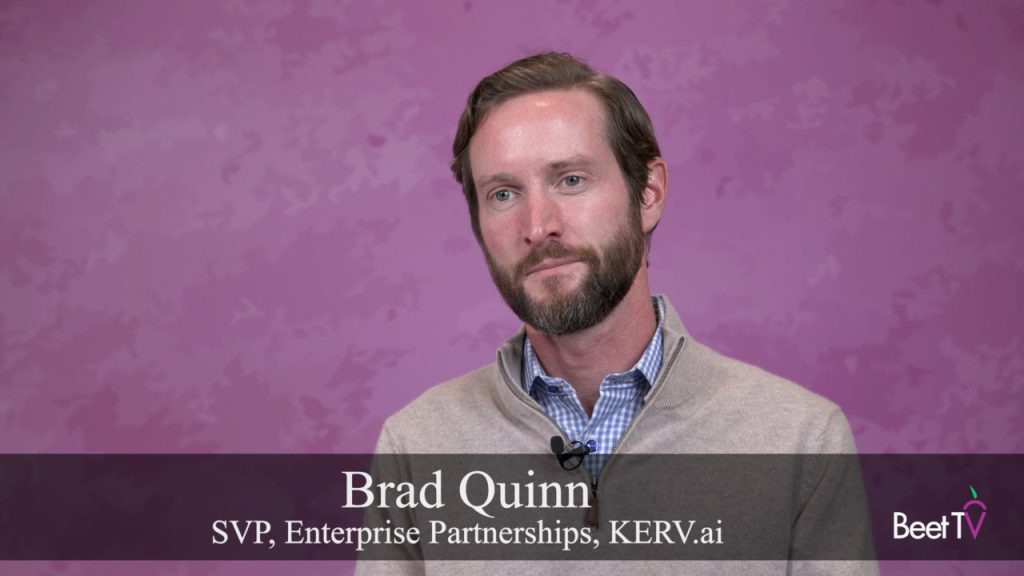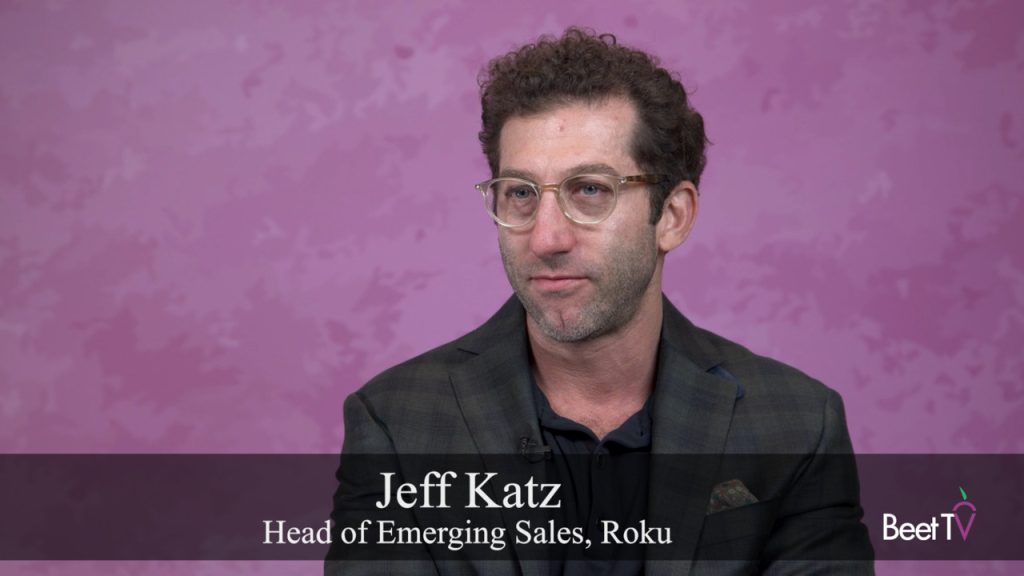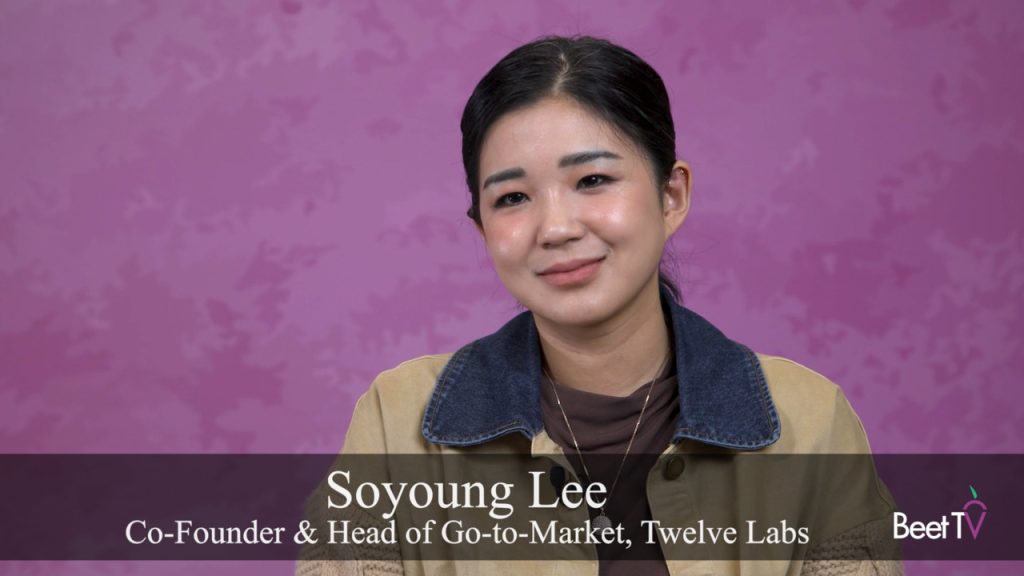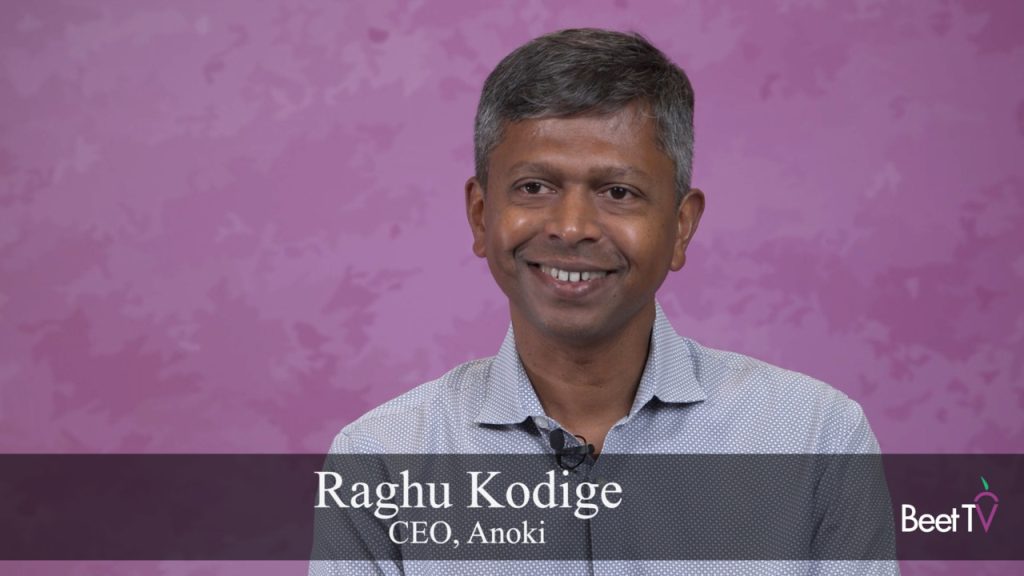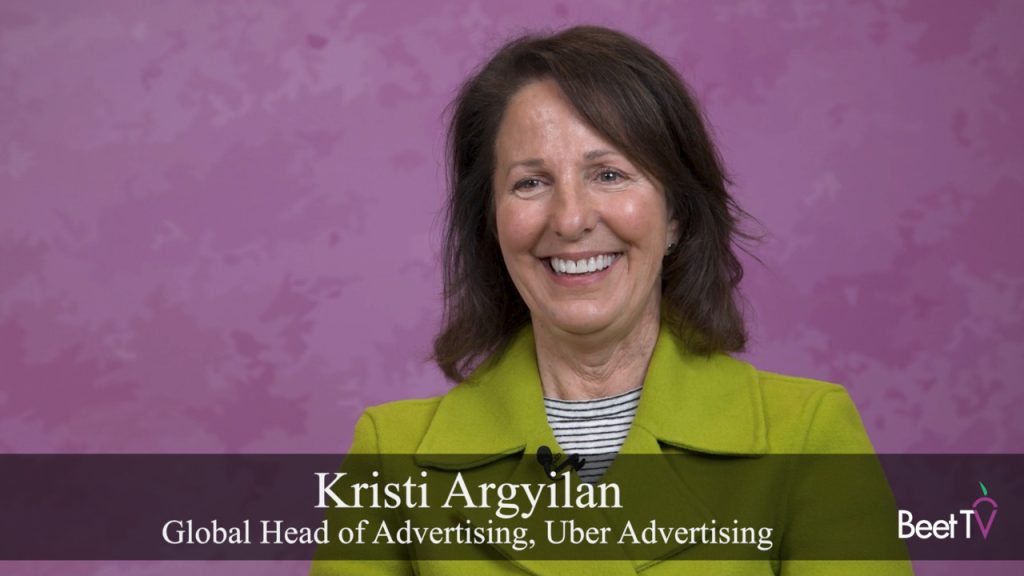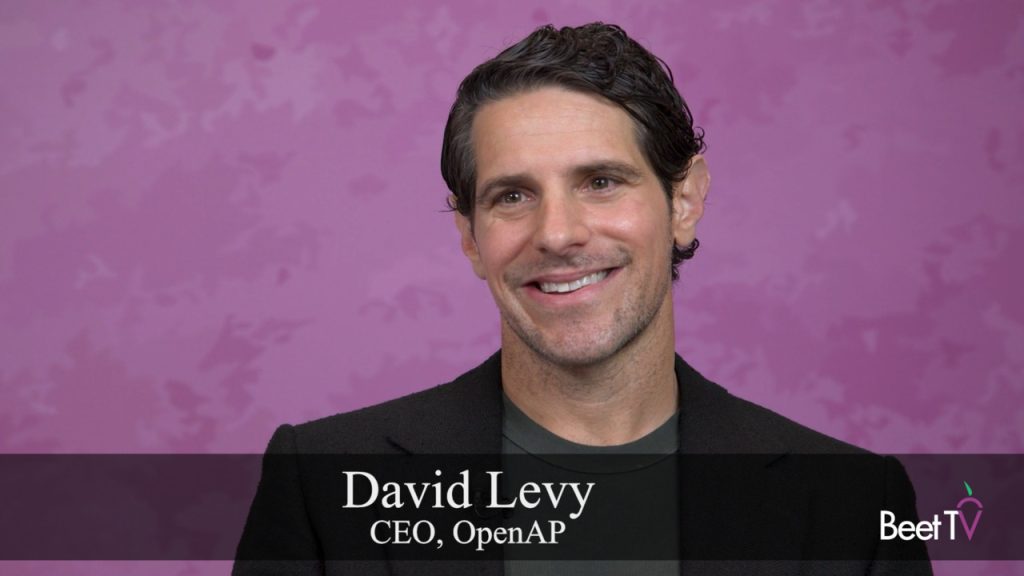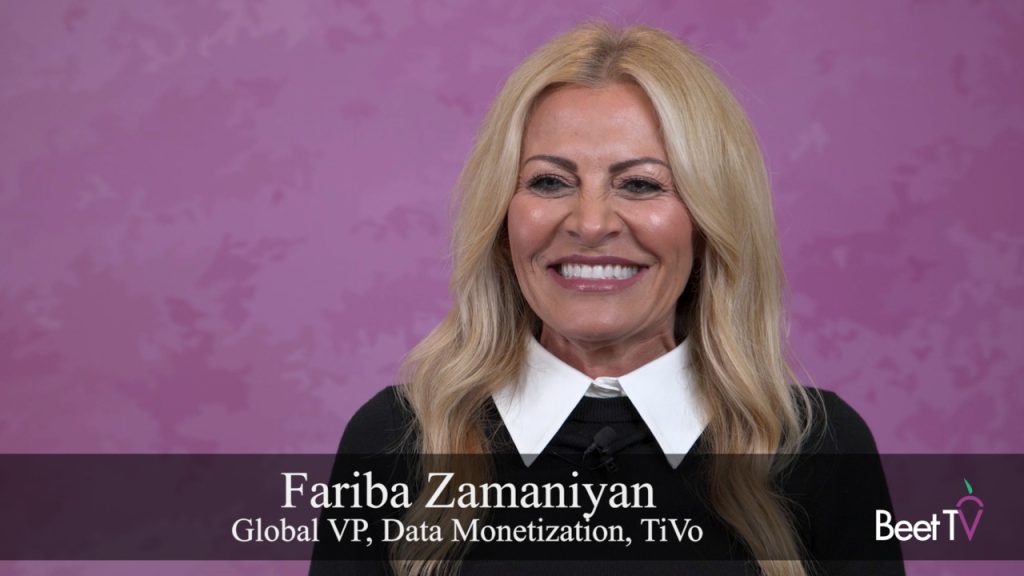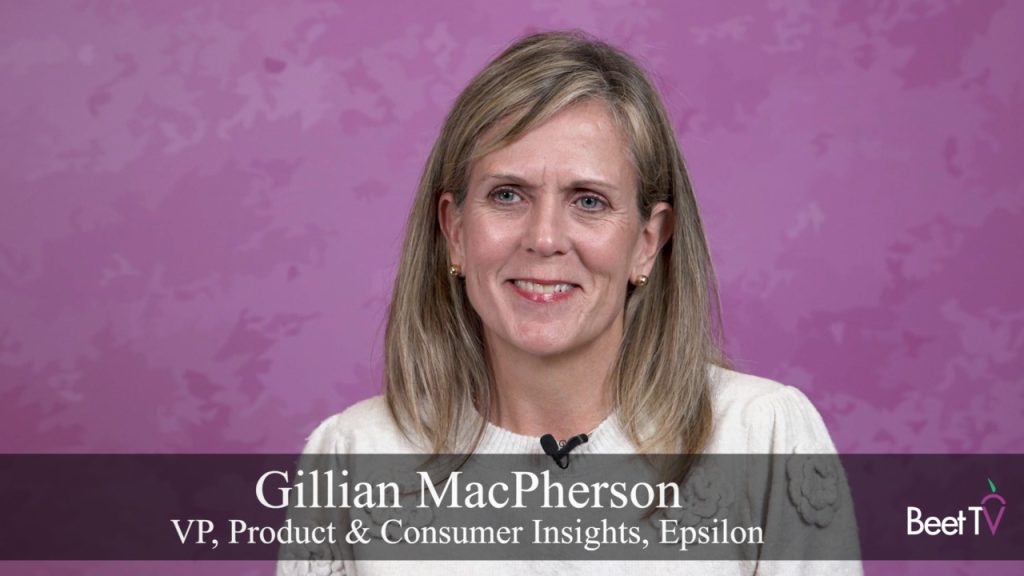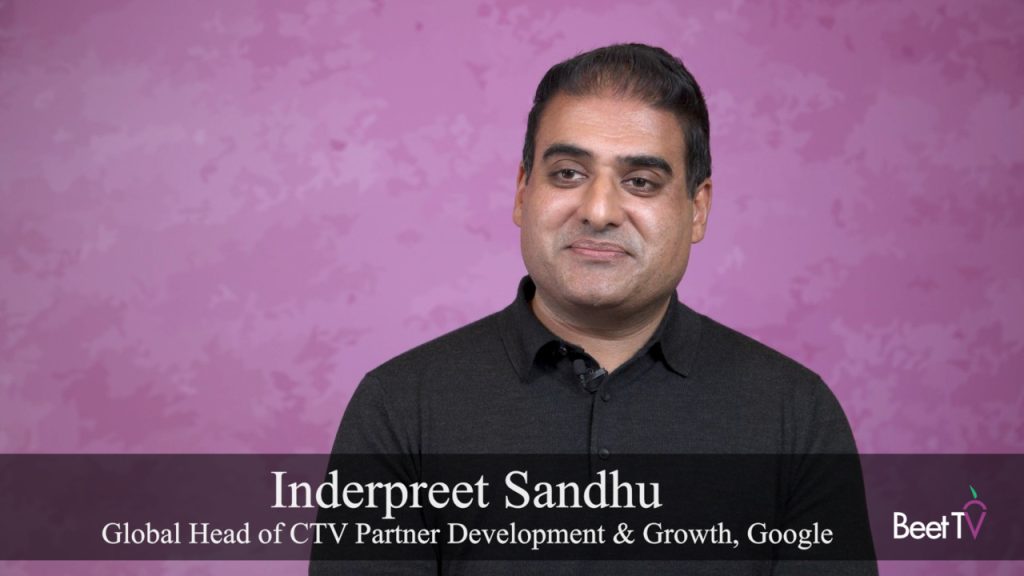CANNES – Worries about privacy and stricter data laws have pushed technology companies to give consumers better control over how their personal data are collected, stored and shared. These steps are gradually leading to the disappearance of device identifiers and tracking cookies that help marketers to determine whether they’re reaching the right consumers with advertising.
“The death of the cookie is a hot topic in the industry right now. It’s something that clients are increasingly concerned about and looking to learn more about,” Ben Hovaness, senior vice president of marketplace intelligence at Omnicom Media Group, said in this interview with correspondent Tameka Kee at the Beet Villa during the Cannes Lions International Festival of Creativity.
Omnicom Media has worked to educate advertisers about the variety of data signals that provide insights into consumer behavior. The media agency last year started a series called “Future Signals” to explain how these data signals work, especially in the absence of tracking cookies.
“Cookies are not the only signal to pay attention to,” Hovaness said. “You have to look at the signal space holistically, especially if you’re a major advertiser, as our clients tend to be, that are activating across a variety of channels.”
Testing and Learning With Identifiers
The need for consumer identifiers that help with ad targeting while also protecting people’s privacy has become more pronounced in the past few years. Technology companies are changing their privacy policies because of consumer demand or new laws. Apple stopped supporting tracking cookies in its Safari browser, and has given customers a way to provide consent to share data with apps and websites. Google plans to stop supporting third-party cookies in its popular Chrome browser by the end of next year.
“Everyone’s looking for a new persistent ID that can succeed the cookie. No one wants to go back to a world where ads just aren’t really targeted outside of context,” Hovaness said. “We still want to be able to identify individuals or at least group them into cohorts so that we can reach them.”
Omnicom has participated in the development of identifiers such as Unified ID 2.0, Fabrick ID and RampID. But because only a minority of digital publishers that sell digital advertising in automated auctions are using these identifiers, Omnicom is pushing for greater adoption.
“Right now, the scale isn’t there in the marketplace,” Hovaness said. “The inventory that we see put up for auction in the programmatic landscape — only a single-digit percentage of that carries one of these new identifiers with it. That is, to put it delicately, sub-scale for our clients’ needs.”
Omnicom also is working with Google, whose dominance as a broker and auctioneer of digital advertisements has drawn scrutiny from antitrust authorities in several countries including the United States, on another privacy-centric solution for ad targeting. Google is developing a way to group consumers into packages called “topics” based on their browsing behavior in Chrome.
“Basically, we’re testing and learning not just in the one-to-one ID replacement space, but also in this new cohort-based model and we’re going to learn what performs,” Hovaness said. “It’s gonna be a very interesting year or two, I would say.”
You are watching “The Mediaocean Retreat,” a Beet.TV Leadership Summit at Cannes Lions 2022.
For more videos from this series, please visit this page.
Beet.TV is an official partner of Cannes Lions.



























